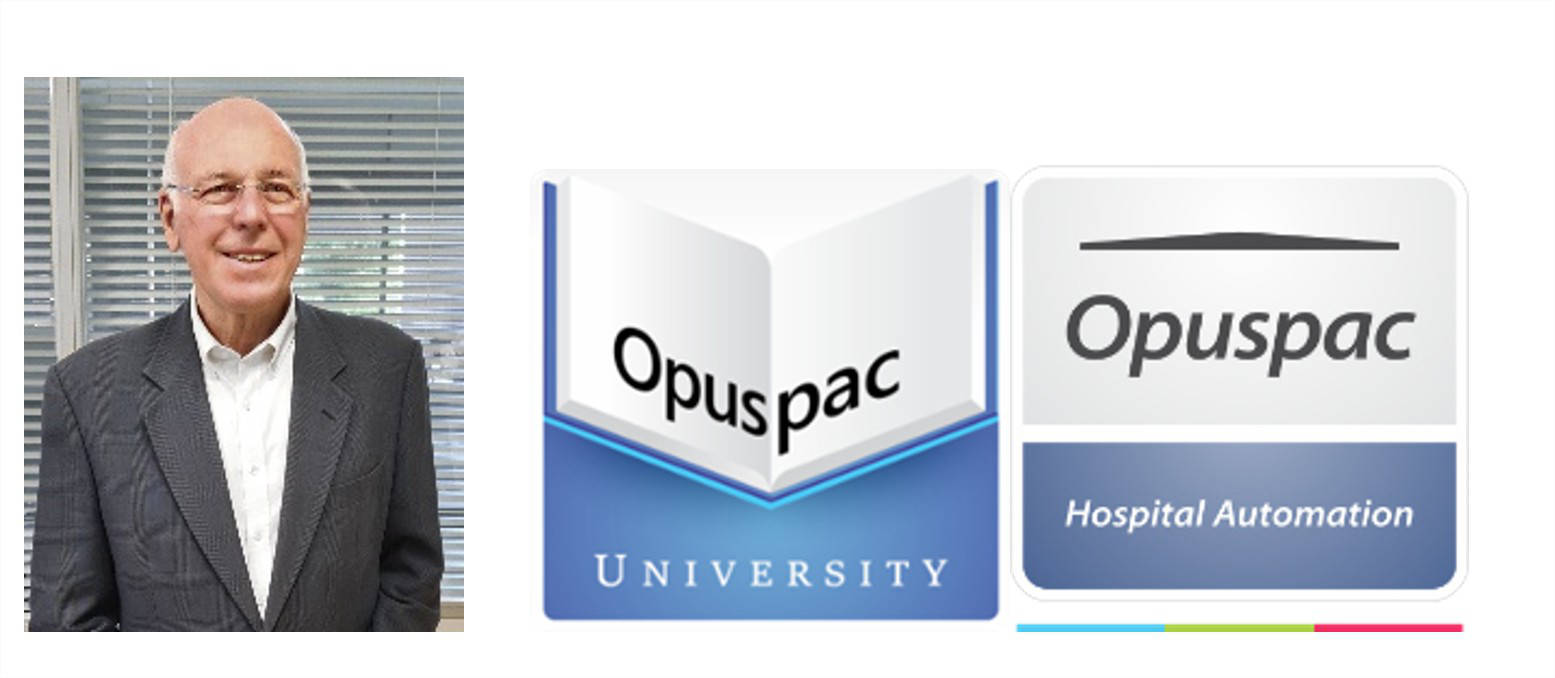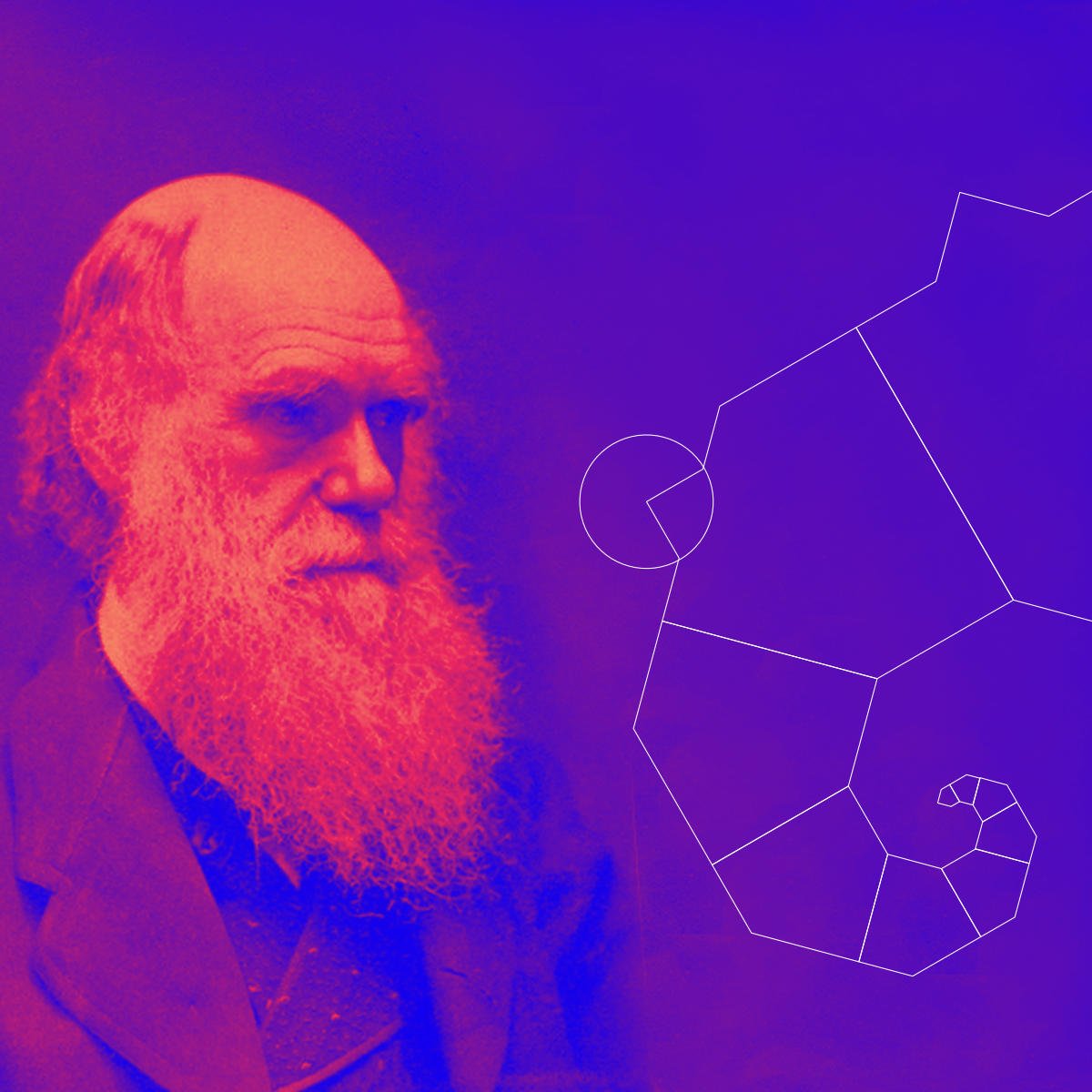The economy is important, YES, but it cannot solve all the problems of this crisis, which had its apex with the Pandemic, but which had already given several signs that it was brewing long before COVID.
Smartphones for immediate use in the hands of 6 billion people, brought a level of transparency that exposed the inequality that exists in many countries.
So what’s going on? The world cannot sustain itself with so much transparency, a fact that triggered social conflicts years ago. In response to this transparency, strong populist leaders have appeared, offering what the people want. “This solves the problem for me and that’s it!”, and this has happened in many countries and it is not so simple and easy to solve.
These are problems in various social and economic sectors: rights, freedom, inequality, privacy and others.
In my opinion, “equal rights for all” should be changed to “equal opportunities for all”. This utopia is even further away from economic equality, which many seek.
Due to the serious problem of unemployment, which will undoubtedly come now in the post-pandemic period, we will enter a “period of disagreement”, where we will stop focusing on the virus and start worrying about broader problems. Other crises will come.
The pandemic acted as a major catalyst for factors that were already underway: major technological changes and the correlative concentration of power.
Universal resource allocation will be the next mandatory step for many societies, even if it cannot always be implemented for lack of those same resources. Some disruptive solution will have to be applied for those who will never have a job again.
And to illustrate this, I would like to tell a story:
It was the year 1900 and in London the owners of horse-drawn carriages started a long strike. The complaint was about the use of engines in the wagons, which created unfair competition, according to them. We know the rest of the story.
Conclusion: resisting change does not bring us any progress. We have to adapt.
It is worth remembering Charles Darwin:
“The species that survive are not the strongest, nor the fastest, nor the most intelligent, but those that are best adapted to change.”
The situation has changed the markets. It is not only sectors that are threatened with extinction. Customer requirements in all markets have changed, even if we don’t realize it yet.
It is not enough to buy a video camera for your computer and think that you have entered the new digital world. No device, however necessary, solves that. Telemedicine will help the healthcare sector, but it is not all the change the sector needs. We have to change the worldview and the management (mindset).
We have to broaden the field of study and see the philosophical change to include it in our adaptive system.
Tools make us change, but changing only tools and devices is not what is needed to enter the new stage. It requires a paradigm shift in the way we see the world.
If everything has changed, we have to assume that we no longer know exactly what customers want. Sure there are basic factors that are timeless and don’t change, but we don’t know how they translate into other types of requirements.
If we don’t change the way we interact with customers, there will be no improvement. We need that two-way communication: talking and listening. The medium doesn’t matter, it can be digital. Entering the Industry 4.0 phase means having direct communication with the customer with higher quality and value, for both parties.
Listening, imagining a solution, setting up a market test, gathering feedback and repeating the cycle is the way. This already existed, but what has changed is the speed of iteration. Instead of once a year, you should do it once a month.
Artificial intelligence, big data, blockchain, digital transformation, virtual reality, etc., are technologies. Those with the right mindset for their use leverage them and apply them fully within a business model. Any one of them encapsulated in a business matrix without a cultural change won’t mean much. Managers will be satisfied that they have made the change. But they are wrong. That is not the way.
The real change is to create a culture within the company that adapts to the new reality.
And what is the new reality? Well, everyone has to figure it out, in their industry.
The so-called “life sectors”, food, agriculture, health and education will be the least affected, along with automation and digital.
Those of intermediation without significant added value will be the most affected.
This crisis has revealed our fragility in a much more complex world and we have come to believe that there are black swans. Now we are beginning to believe that the next crisis will come and it will probably be related to climate change.
During acute crises, the first objective is to survive. When it is over, the goal is to grow through a maximum strategy. I would like to think with an optimistic view that after a long readjustment, we will move to a much better stage in evolutionary terms.
Therefore, the most appropriate thing to do now will be to reinforce our personal and social security.
Or, as Sun Tzu says, “rise above defeat”.
In many countries, the state has withdrawn. The pandemic has led us to think that the state needs to grow. We don’t need a bigger state, what we need is a more efficient state.
Before the pandemic, the world was already undergoing profound changes.
China is expanding, the United States is contracting and leaving some vacancies that are often filled by third parties (Russia). Germany easily leads a Europe in which many doubt the advantages of collaboration. The transition from one model to another creates an anxious power vacuum. Africa and the Silk Road countries will be the favorites for growth. Latin America does not have the power to disrupt world peace, so it will remain a minor player.
Francis Fukuyama shows us how the progress of nations has its conditions and one of them is predictability, through respect for laws.
No country, or human group, progresses if it does not have a well-constituted leadership structure, oriented towards the common good and governed by laws that everyone accepts and respects (VEB).
An exponential problem cannot be solved only with evolutionary solutions.
Our mistake today is to think that with the vaccine everything goes back to normal. The river does not flow twice in the same place.
We have to think of a new utopia that can be achieved for this globalized world.

Victor Basso
Director of Opuspac Ltda.













